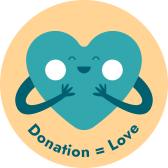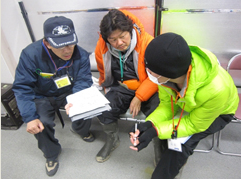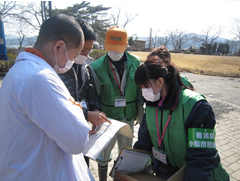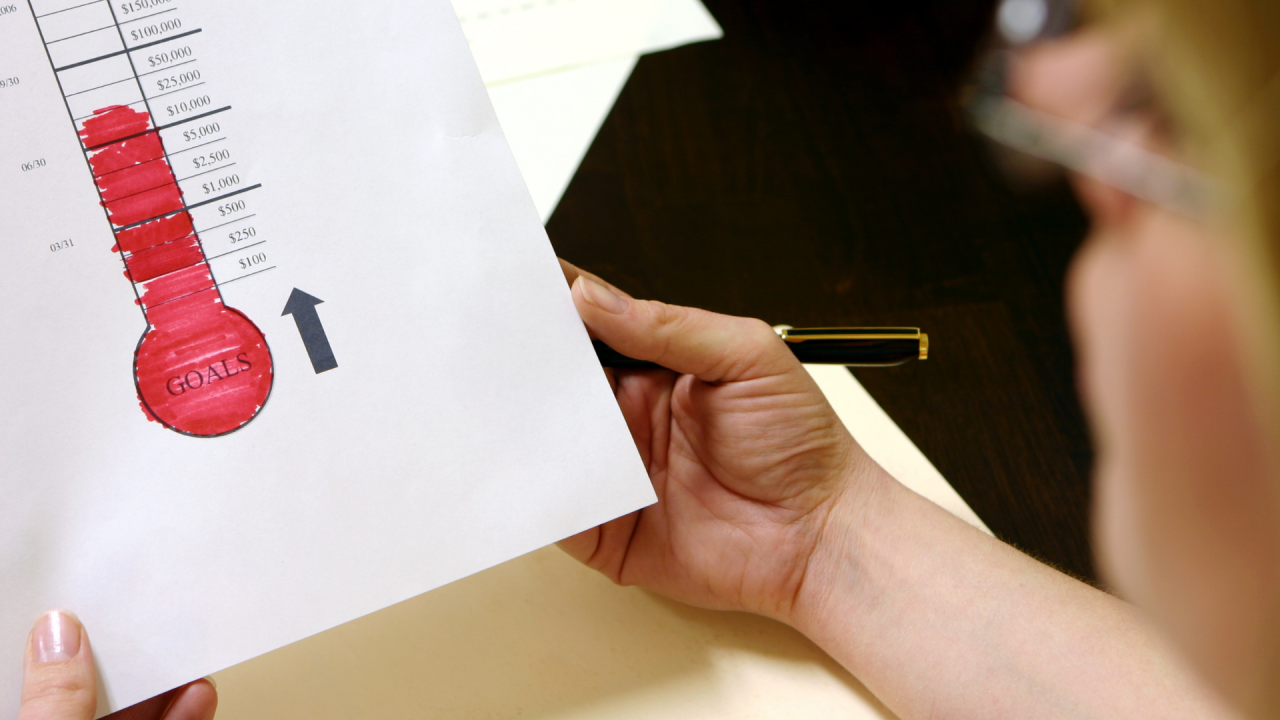Addressing Mental Health a “Critical Need”
While addressing the physical needs of survivors in the affected areas of Japan is at the forefront of many nonprofits, several have stepped up to focus on a potential injury that is not always immediately obvious: mental health.
International Medical Corps Worldwide
International Medical Corps (IMC) Worldwide is supporting psychological counseling services via telephone. IMC Worldwide, an organization that provides “vital health care that focus on training,” previously supplied mental health guidelines for assisting those affected by the earthquake in Haiti. Their Emergency Response Team now turns to those affected on the “isolated coastal communities north of Sendai, including Ogatsu-machi, Minami-Sanriku, Kesennuma, Riken-Takata, East Matsushima, and areas north of Ishinomaki” and have assessed a that there is a “critical need” to address mental health.
From their website:
In these assessments, International Medical Corps has identified mental health as a critical need, as fatigue, stress, and insomnia are reported among many evacuees. An increasing number of children are developing asthma, mumps, and pneumonia in Minami-Sanriku evacuation centers, some of which is thought to be the result of stress. Meantime, high levels of anxiety are also prevalent outside of the affected areas as a result of radiation fears.
Here’s an excerpt from an article on NYDailyNews.com quoting Dr. Mutsuo Ikuhara, who is traveling to Japan with IMC:
“I would still think there’s a lot of people in shock and coming to grips with the magnitude of the disaster,” he said. “The disaster seems to be changing moment by moment, so I’d imagine they’d be taking stock on how much damage occurred in terms of surface area and number of family and people affected.”
As the horrific event sinks in, however, Ikuhara said he expected to see people with more stress-related issues.
“Eventually when things stabilize when those life and death issues they’re going to be able to say ‘Oh my god I lost everything’ and that’s usually what affects all of us–that’s when emotions can take control,” he said.
In a trip to Haiti, Dr. Ikuhara witnessed many cases of Post Traumatic Stress Disorders and trauma. Although he says that the Japanese might be viewed from the Western perspective as appearing “stoic,” he notes: “That doesn’t mean they’re not feeling badly.”
From the NYDailyNews.com article (Kyodo News/AP).
Tokyo English Life Line and Peace Boat
IMC has partnered with both Tokyo English Life Line (TELL), an nonprofit that provides free confidential phone counseling (among other services) and Peace Boat, a nonprofit NGO based in Tokyo. IMC will provide training in “Psychological First Aid, computer equipment, and technical support” to bolster telephone counseling services with TELL, as well as help educate communities about available services through handouts and workshops. Peace Boat has been providing “hot meals, non-food items, cleaning services, and other community support activities” to those who are still living in their damaged homes. IMC will contribute “supplies, communications equipment, technology, logistical and possibly technical support in health promotion and reconstruction” to help enlarge Peace Boat’s efforts.
Footage of Peace Boat’s contributions from their website:
Donate toward Japan Relief and Recovery through the IMC here.
Donate or Volunteer with TELL.
Learn more about Peace Boat’s efforts in Japan, donate, and/or volunteer here.
Association of Medical Doctors of Asia
AMDA, who as of April 5th has dispatched a total of 114 relief personnel, has:
41 doctors, 20 nurses, 3 midwives, 1 assistant nurse, 3 pharmacists, 2 psychotherapists, 40 coordinators (including assistants and interpreters), and 4 careworkers, according to their most recent update.
An example of their mental health personnel being put to work is in Minamisanriku-cho in Miyagi Prefecture, based in Sizugawa Elementary School in Sanriku-cho, where “a psychiatrist and a psychotherapist in the team are treating those who have symptoms of stress or mental disorder.”
Photos from a recent AMDA update on their website (in English).























